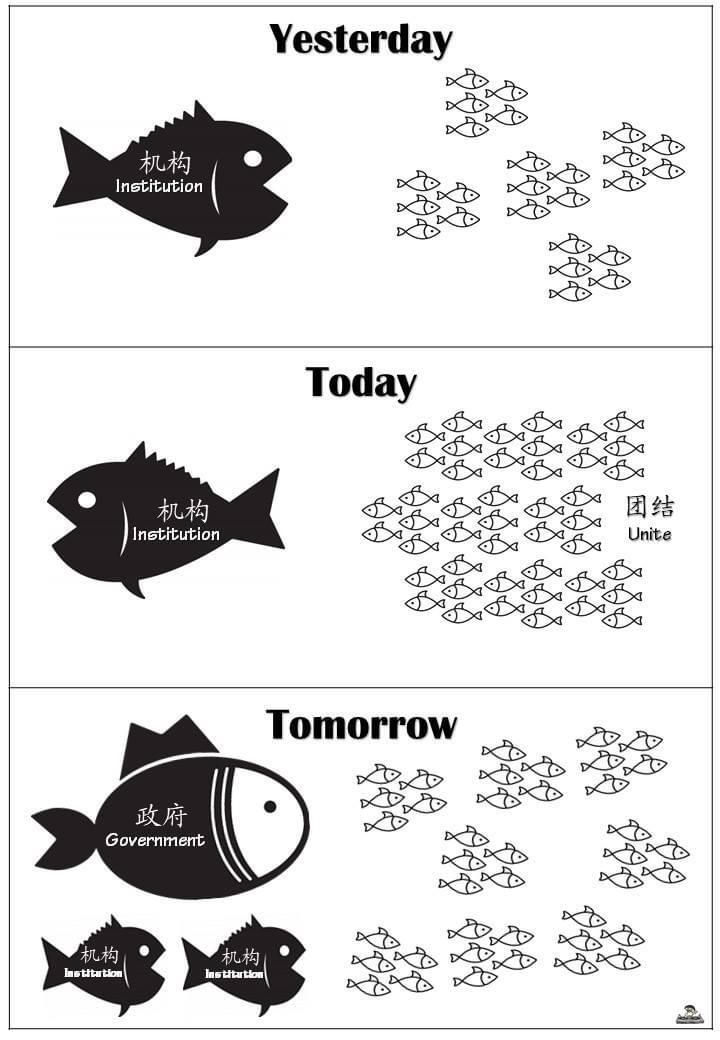
TeckV
No personal profile
70Follow
3Followers
0Topic
0Badge
Attractive and interesting 🤩
Great ariticle, would you like to share it?
@Tiger_SG:🎁13 SG stocks' Dividend Yields Higher than Fixed Deposit Rates
thanks
Better Buy: Microsoft vs. Amazon
Waiting lo
If Not The Bottom, Then What?
Rebalancing holding [LOL]
Sorry, the original content has been removed
Like so many great stock 😂
3 Blue Chip Stocks With Growth Potential You Can't Miss
Tq
ETF Flow | Mild Interest Shown in Bottom-Hunting for European Stocks; Mid-Cap and Small-Cap ETFs Are the Biggest Losers
It shall be maintained..CPI shows the past not future..Fed should have also foresee on slow down in economy which lead to minimum expense and coming down of inflation.. 1.0 should only be announced when there is no coming down signal on inflation..
Good info
Palantir: From Stock Market Darling To A Fallen Angel
Watchlist already
2 Red-Hot Growth Stocks to Buy in 2022 and Beyond
Reversal? Or rebound? [serious]
Pre-Bell|Dow Futures Gained Another 200 Points After PPI Report; This Monkeypox Stock Surged Over 70% in 2 Days
Noted.
Sorry, the original content has been removed
Thks..good info
There Are Signs Inflation May Have Peaked, but Can It Come Down Fast Enough?
Great info..thanks
QQQ vs. QQQM vs. QQQJ: What To Expect From The Big 3 Nasdaq ETFs
Market very sensitive....[LOL]
MSFT Stock Slides as Microsoft Announces "Structural Adjustment"
Ok
Why NVIDIA Stock Got Beat by the Market Today
[Like]
Is Nvidia Stock a Buy Now?
[Like]
Why Alibaba, Nio, Chinese Peers Are Trading Higher in Hong Kong Today
Reversal soon?
Alibaba Shares Soar 12.5% in Hong Kong as Optimism Persists Over Earnings Beat
Good
Sorry, the original content has been removed
Go to Tiger App to see more news